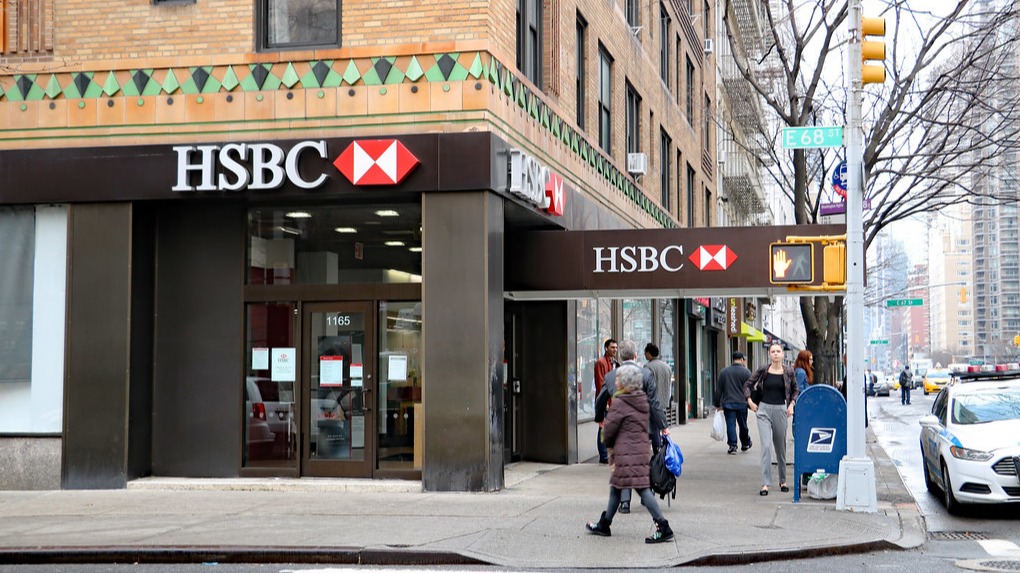Executives at the German bank Commerzbank believe that a multi-billion dollar merger with their Italian rival UniCredit could hamper lending to small and medium-sized businesses in the Mittelstand, people familiar with internal discussions told the Financial Times.
Executives at the German bank have warned that the transaction, which would be one of the largest cross-border banking deals in Europe since the financial crisis, could pose a threat to the companies that form the backbone of Europe’s largest economy.
Earlier this month, UniCredit revealed that it had acquired a 9 per cent stake in Commerzbank, after buying half of it from the government in an after-hours block deal, turning the Italian group into Commerzbank’s second-largest shareholder after the government.
The Milan-based bank said on Monday it had increased its stake in the German lender to around 21 per cent and submitted a request to boost the holding to up to 29.9 per cent.
The German government currently owns 12 per cent of Commerzbank and said it is not planning to sell any further Commerzbank shares “until further notice”.
Commerzbank’s shares have risen by 24 per cent since UniCredit disclosed its stake on September 11, with UniCredit’s shares also rising 5 per cent over the same period.
Executives at the financial institutions added that a merger would see Commerzbank’s lending decisions and management capabilities moved abroad, potentially disrupting domestic clients who have been using the bank’s services for decades.
UniCredit told the FT that these arguments misrepresented the Milan group’s inner workings, adding that it was a “pan-European” bank with “full self-standing legal entities” in all markets.
In addition, the German bank fears that a larger shareholding by UniCredit could lead to a significant loss of customers, who might leave the bank after the merger.
Latest News
-
Gemini to cut quarter of workforce and exit UK, EU and Australia as crypto slump forces retrenchment
-
Bank ABC’s mobile-only ila bank migrates to core banking platform
-
Visa launches platform to accelerate small business growth in US
-
NatWest to expand Accelerator programme to 50,000 members in 2026
-
BBVA joins European stablecoin coalition
-
eToro partners with Amundi to launch equity portfolio with exposure to ‘megatrends’
Creating value together: Strategic partnerships in the age of GCCs
As Global Capability Centres reshape the financial services landscape, one question stands out: how do leading banks balance in-house innovation with strategic partnerships to drive real transformation?
Data trust in the AI era: Building customer confidence through responsible banking
In the second episode of FStech’s three-part video podcast series sponsored by HCLTech, Sudip Lahiri, Executive Vice President & Head of Financial Services for Europe & UKI at HCLTech examines the critical relationship between data trust, transparency, and responsible AI implementation in financial services.
Banking's GenAI evolution: Beyond the hype, building the future
In the first episode of a three-part video podcast series sponsored by HCLTech, Sudip Lahiri, Executive Vice President & Head of Financial Services for Europe & UKI at HCLTech explores how financial institutions can navigate the transformative potential of Generative AI while building lasting foundations for innovation.
Beyond compliance: Building unshakeable operational resilience in financial services
In today's rapidly evolving financial landscape, operational resilience has become a critical focus for institutions worldwide. As regulatory requirements grow more complex and cyber threats, particularly ransomware, become increasingly sophisticated, financial services providers must adapt and strengthen their defences. The intersection of compliance, technology, and security presents both challenges and opportunities.
© 2019 Perspective Publishing Privacy & Cookies













Recent Stories